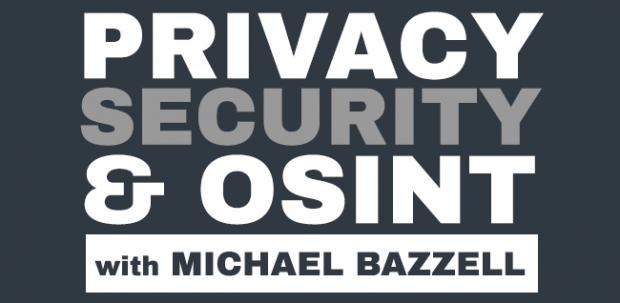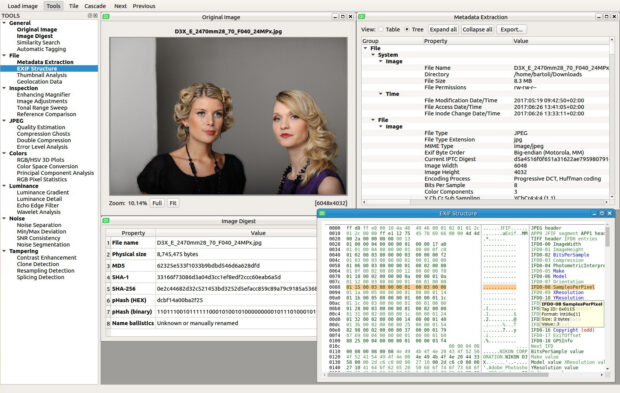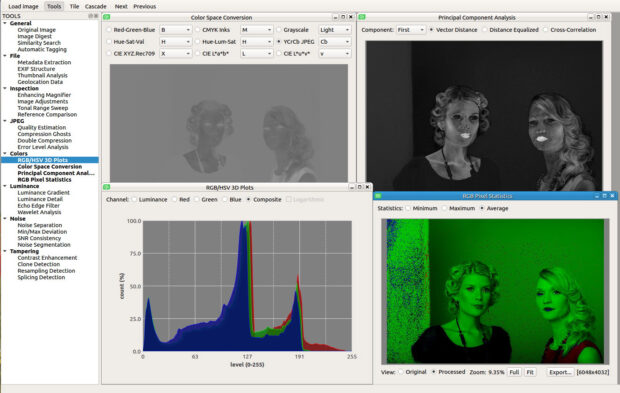EPISODE 237-The Huge OSINT Show
This week Jason Edison joins me to discuss many new OSINT topics, resources, and tools.
Direct support for this podcast comes from sales of my books, services, and online training. More details can be found at IntelTechniques.com. Your support eliminates any ads, sponsors, endorsements, Patreon, donations, or commercial influence on this show.
SHOW NOTES:
INTRO:
Door Dash
THE HUGE OSINT SHOW:
https://inteltechniques.net
YT-DLP:
sudo python3 -m pip install yt-dlp
sudo python3 -m pip install yt-dlp -U
brew install yt-dlp
choco install yt-dlp
Modified linux.txt and linux.sh to include installation of yt-dlp.
Modified linux.txt to include update of yt-dlp.
Modified youtubedl.sh script to include yt-dlp options.
Modified updates.sh to include auto update process for YT-DLP.
Modified mac.txt (Mac)to include installation YT-DLP.
Modified Video Download Tool (Mac) to include yt-dlp options.
Modified windows.txt (Windows) to include installation YT-DLP.
Modified youtubedl.bat (Windows) to include yt-dlp options.
WSL:
wsl --install
https://github.com/microsoft/terminal
https://www.scout.tel/phone-number-lookup
Mailcat & Nexfil:
sudo apt-get update && upgrade -y
git clone https://github.com/sharsil/mailcat
cd mailcat
pip3 install -r requirements.txt
./mailcat.py username
./mailcat.py osint
git clone https://github.com/thewhiteh4t/nexfil.git
cd nexfil
pip3 install -r requirements.txt
https://osint.sh/md5/
https://osint.sh/ocr/
https://osint.sh/stack/
https://osint.sh/crt/
https://osint.sh/reversewhois/
https://osint.sh/analytics/
https://osint.sh/adsense/
https://publicrecords.netronline.com/
https://host.io/
https://host.io/inteltechniques.com
https://host.io/backlinks/inteltechniques.com
https://host.io/redirects/inteltechniques.com
http://kartaview.org/
https://kartaview.org/map/
https://kartaview.org/details/13089/2563/track-info
https://kartaview.org/details/1280753/4259/track-info
https://kartaview.org/user/jb-brown
https://breachdirectory.org/
https://linktr.ee/constellate
site:linktr.ee "osint"
https://bankrupt11.com/
site:bankrupt11.com smith
http://www.stparchive.com/landing.php
http://ytw.stparchive.com/
site:stparchive.com “keyword”
site:stparchive.com “first last” “location”
site:stparchive.com “chris reeves”
site:stparchive.com "chris reeves" "louisiana"
Next week:
238-Anonymous Phone Loose Ends
Free Workbooks: https://inteltechniques.com/links.html
Affiliate Links:
ProtonVPN: https://go.getproton.me/aff_c?offer_id=26&aff_id=1519&url_id=282
ProtonMail: https://go.getproton.me/aff_c?offer_id=26&aff_id=1519&url_id=267
SimpleLogin Masked Email: https://simplelogin.io?slref=osint



